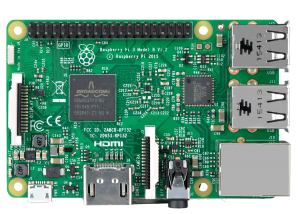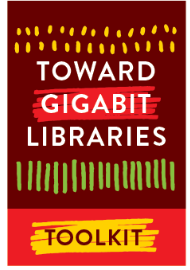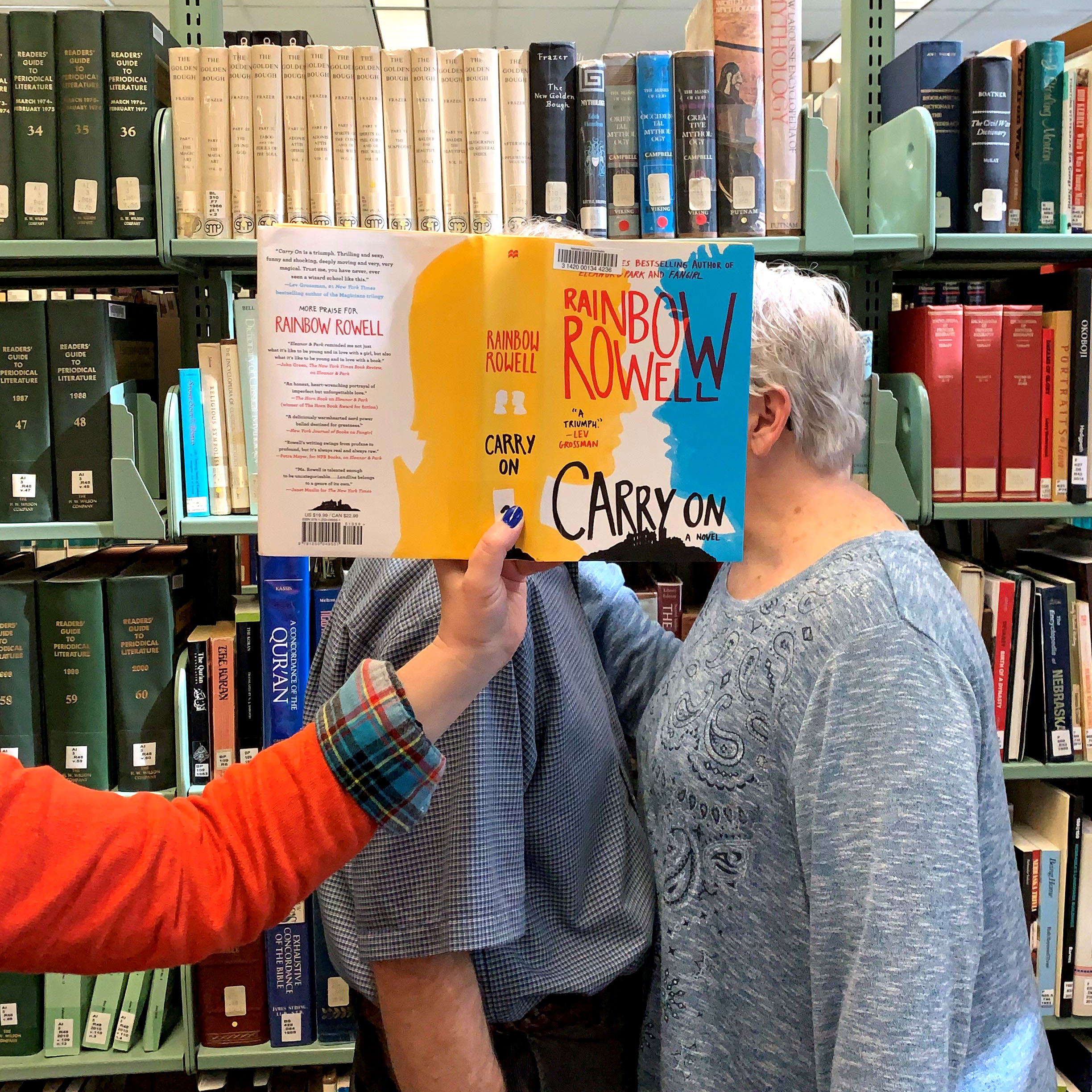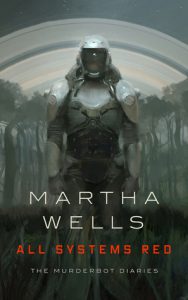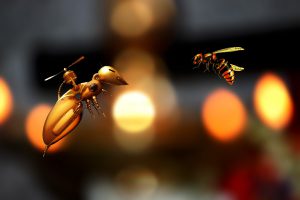 The Nebraska Publications Clearinghouse receives documents every month from all Nebraska state agencies, including the University of Nebraska Press (UNP). Each month we will be showcasing the UNP books that the Clearinghouse receives. The UNP books, as well as all Nebraska state documents, are available for checkout by libraries and librarians in Nebraska.
The Nebraska Publications Clearinghouse receives documents every month from all Nebraska state agencies, including the University of Nebraska Press (UNP). Each month we will be showcasing the UNP books that the Clearinghouse receives. The UNP books, as well as all Nebraska state documents, are available for checkout by libraries and librarians in Nebraska.
Here are the UNP books the Clearinghouse received in February:
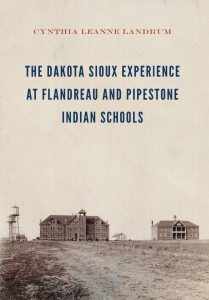 The Dakota Sioux Experience at Flandreau and Pipestone Indian Schools
The Dakota Sioux Experience at Flandreau and Pipestone Indian Schools
The Dakota Sioux Experience at Flandreau and Pipestone Indian Schools illuminates the relationship between the Dakota Sioux community and the schools and surrounding region, as well as the community’s long-term effort to maintain its role as caretaker of the “sacred citadel” of its people.
Cynthia Leanne Landrum explores how Dakota Sioux students at Flandreau Indian School in South Dakota and at Pipestone Indian School in Minnesota generally accepted the idea that they should attend these particular boarding institutions because they saw them as a means to an end and ultimately as community schools. This construct operated within the same philosophical framework in which some Eastern Woodland nations approached a non-Indian education that was simultaneously tied to long-term international alliances between Europeans and First Peoples beginning in the seventeenth and eighteenth centuries.
Landrum provides a new perspective from which to consider the Dakota people’s overt acceptance of this non-Native education system and a window into their ongoing evolutionary relationships, with all of the historic overtures and tensions that began the moment alliances were first brokered between the Algonquian Confederations and the European powers.
The Image of Elizabeth I in Early Modern Spain (Series: New Hispanisms)

Queen Elizabeth I was an iconic figure in England during her reign, with many contemporary English portraits and literary works extolling her virtue and political acumen. In Spain, however, her image was markedly different. While few Spanish fictional or historical writings focus primarily on Elizabeth, numerous works either allude to her or incorporate her as a character.
The Image of Elizabeth I in Early Modern Spain explores the fictionalized, historical, and visual representations of Elizabeth I and their impact on the Spanish collective imagination. Drawing on works by Miguel de Cervantes, Lope de Vega, Pedro de Ribadeneira, Luis de Góngora, Cristóbal de Virués, Antonio Coello, and Calderón de la Barca, among others, the contributors to this volume limn contradictory assessments of Elizabeth’s physical appearance, private life, personality, and reign. In doing so they articulate the various and sometimes conflicting ways in which the Tudor monarch became both the primary figure in English propaganda efforts against Spain and a central part of the Spanish political agenda.
This edited volume revives and questions the image of Elizabeth I in early modern Spain as a means of exploring how the queen’s persona, as mediated by its Spanish reception, has shaped the ways in which we understand Anglo-Spanish relations during a critical era for both kingdoms.

One Nation Under Baseball
One Nation Under Baseball highlights the intersection between American society and America’s pastime during the 1960s, when the hallmarks of the sport—fairness, competition, and mythology—came under scrutiny. John Florio and Ouisie Shapiro examine the events of the era that reshaped the game: the Koufax and Drysdale million-dollar holdout, the encroachment of television on newspaper coverage, the changing perception of ballplayers from mythic figures to overgrown boys, the arrival of the everyman Mets and their free-spirited fans, and the lawsuit brought against team owners by Curt Flood. One Nation Under Baseball brings to life the seminal figures of the era—including Bob Gibson, Marvin Miller, Tom Seaver, and Dick Young—richly portraying their roles during a decade of flux and uncertainty.
This Fish Is Fowl 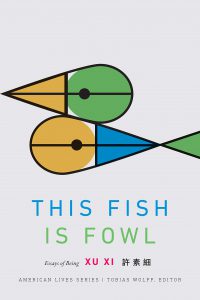 (Series: American Lives)
(Series: American Lives)
In this volume, Xu Xi offers the transnational and feminist perspective of a contemporary “glocalized” American life. Xu’s quirky, darkly comic, and obsessively personal essays emerge from her diverse professional career as a writer, business executive, entrepreneur, and educator. From her origins in Hong Kong as an Indonesian of Chinese descent to her U.S. citizenship and multiple countries of residence, she writes her way around the globe.
Caring for her mother with Alzheimer’s in Hong Kong becomes the rhythmic accompaniment to an enforced, long-term, long-distance relationship with her partner and home in New York. In between Xu reflects on all her selves, which are defined by those myriad monikers of existence. As an author who began life as a novelist and fiction writer, she also considers the nature of genre, which snakes its way through these essays. In her linguistic trip across the comic tragedy that is globalism, she wonders about the mystery of humanity and the future of our world at this complicated and precarious moment in human existence.
This Fish Is Fowl is a twenty-first-century blend of the essayist traditions of both West and East. Xu’s acerbic, deft prose shows her to be a descendant of both Michel de Montaigne and Lu Xun, with influences from stepparent Jonathan Swift.
 A Year with Mordecai Kaplan : Wisdom on the Weekly Torah Portion (Series: JPS Daily Inspiration)
A Year with Mordecai Kaplan : Wisdom on the Weekly Torah Portion (Series: JPS Daily Inspiration)
You are invited to spend a year with the inspirational words, ideas, and counsel of the great twentieth-century thinker Rabbi Mordecai Kaplan, through his meditations on the fifty-four weekly Torah portions and eleven Jewish holidays.
A pioneer of ideas and action—teaching that “Judaism is a civilization” encompassing Jewish culture, art, and peoplehood; demonstrating how synagogues can be full centers for Jewish living (building one of the first “shuls with a pool”); and creating the first-ever bat mitzvah ceremony (for his daughter Judith)—Kaplan transformed the landscape of American Jewry. Yet much of Kaplan’s rich treasury of ethical and spiritual thought is largely unknown.
Rabbi Steven Carr Reuben, who studied closely with Kaplan, offers unique insight into Kaplan’s teachings about ethical relationships and spiritual fulfillment, including how to embrace godliness in everyday experience, our mandate to become agents of justice in the world, and the human ability to evolve personally and collectively. Quoting from the week’s Torah portion, Reuben presents Torah commentary, a related quotation from Kaplan, a reflective commentary integrating Kaplan’s understanding of the Torah text, and an intimate story about his family or community’s struggles and triumphs—guiding twenty-first-century spiritual seekers of all backgrounds on how to live reflectively and purposefully every day.
Your Body is War (Series: African Poetry) 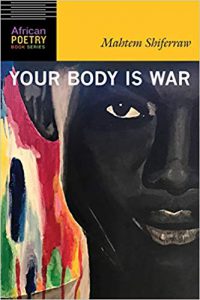
Your Body Is War contemplates the psychology of the female human body, looking at the ways it exists and moves in the world, refusing to be contained in the face of grief and trauma. Bold and raw, Mahtem Shiferraw’s poems explore what the woman’s body has to do to survive and persevere in the world, especially in the aftermath of abuse.
A groundbreaking collection, the poems in Your Body Is War embody elements of conflict, making them simultaneously a place of destruction and of freedom.
Pictures and synopses courtesy of University of Nebraska Press.
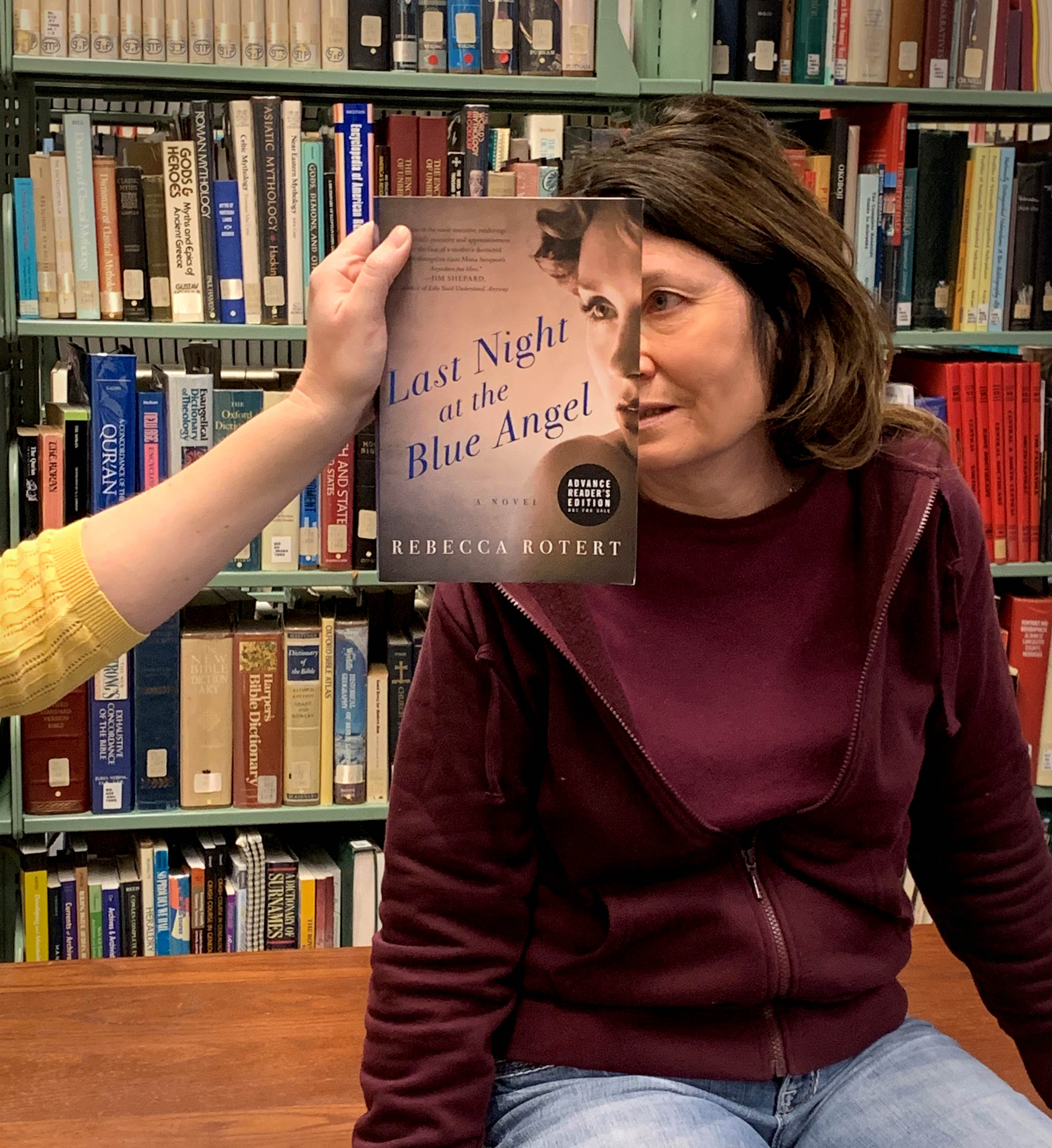
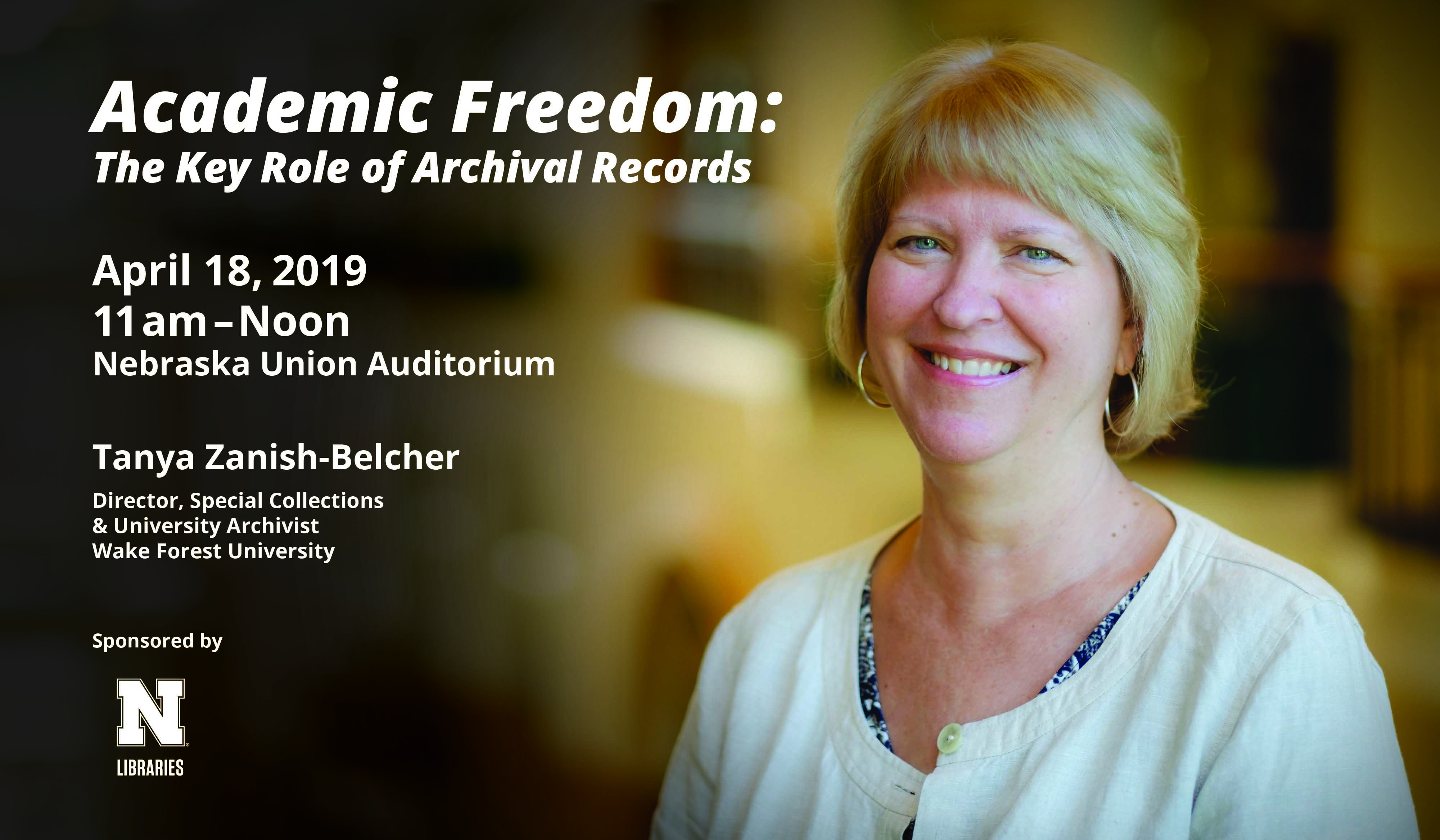

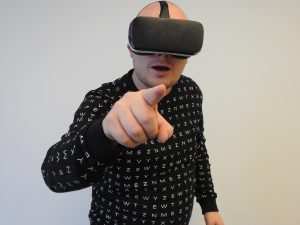

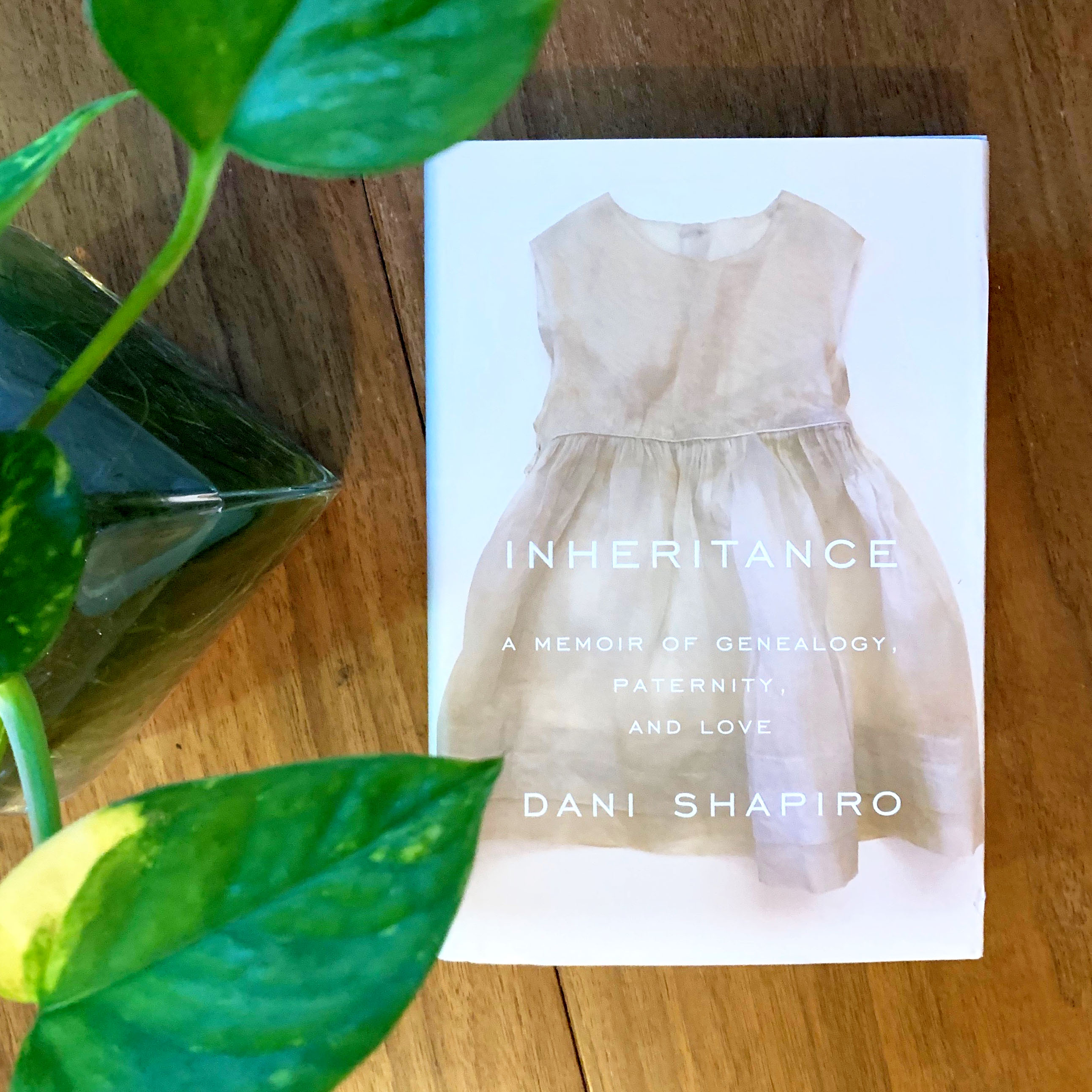
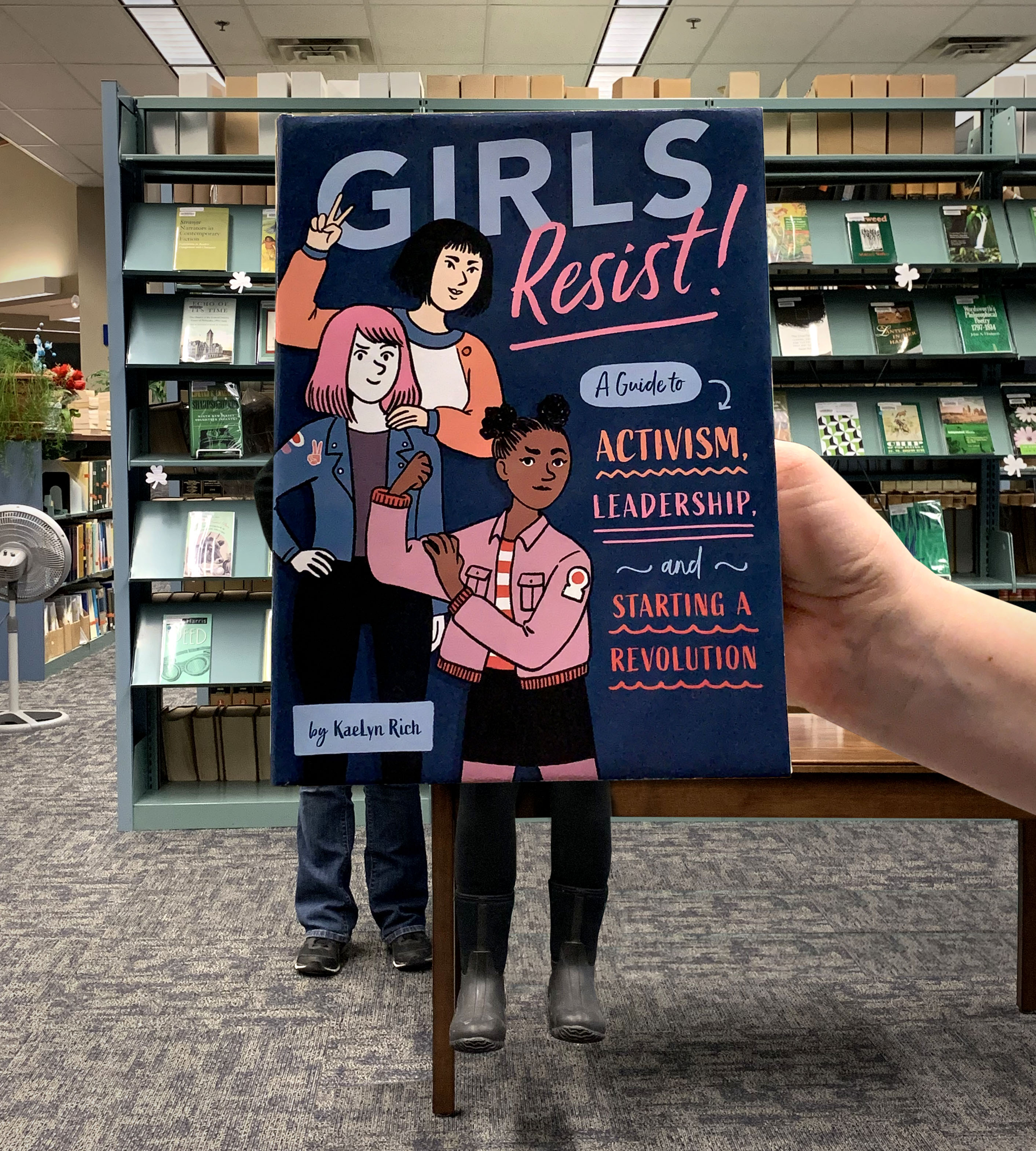
 Upcoming NCompass Live events:
Upcoming NCompass Live events:
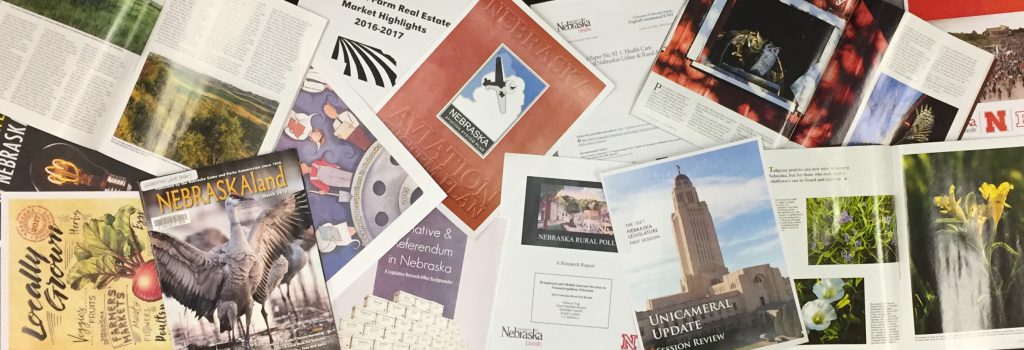
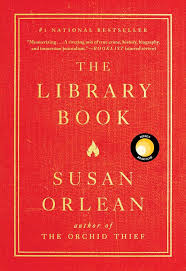
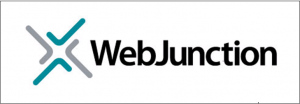
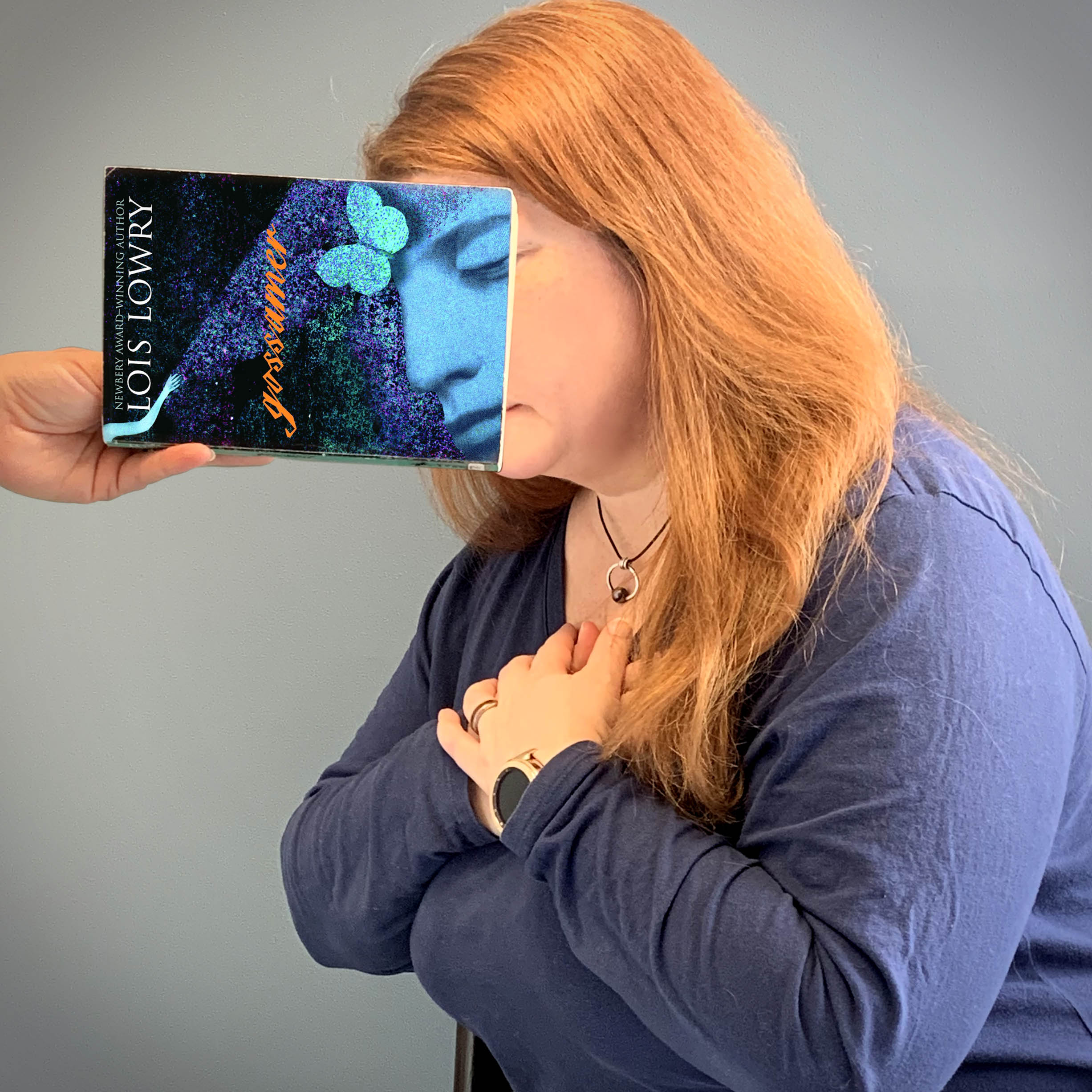
 The
The 


 (Series: American Lives)
(Series: American Lives) A Year with Mordecai Kaplan : Wisdom on the Weekly Torah Portion (Series: JPS Daily Inspiration)
A Year with Mordecai Kaplan : Wisdom on the Weekly Torah Portion (Series: JPS Daily Inspiration)
